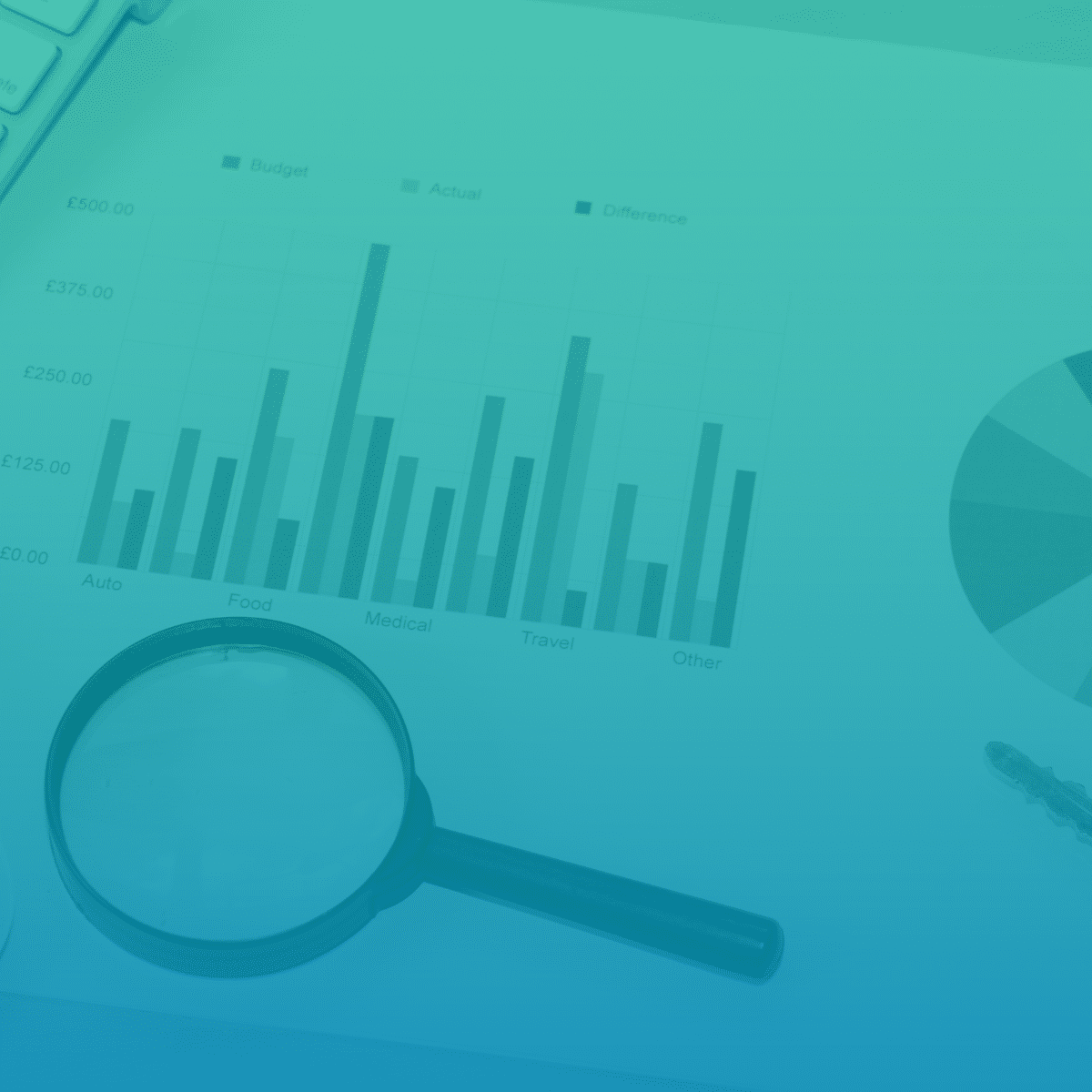10 Essential Public Health Services
9. EVALUATION
Improve and innovate public health functions through ongoing evaluation, research, and continuous quality improvement
Public Health uses evaluation, research, and quality improvement to improve and innovate public health functions. This involves evaluating the effectiveness of policies, programs, and investments; conducting research to inform evidence-based interventions; and implementing quality improvements across the Essential Public Health Services. By embracing a culture of continuous learning and adapting, Public Health can evolve to address dynamic public health needs and challenges.

Equity & Systems
Equity should be built into evaluation, research, and quality improvement activities–informing all aspects, from crafting research questions and designing data collection tools, to co-designing interventions and evaluating their impact. Embracing these and other data equity practices produces better data and insights for greater impact.
Public Health in Action
Public health departments often evaluate their interventions, programs, policies, and investments. Evaluations will vary by project phase, objectives, budget, and other factors. Most evaluations involve primary data collection and deliver findings and recommendations to improve the intervention.
Priorities
Weave together qualitative data, quantitative data, and story
Use improvement science to innovate, iterate, spread, and scale learnings
Reflection Questions
- Describe an example of how evaluation could be used to strengthen a policy, program, or investment.
- How can Public Health advance equity through evaluation activities?
